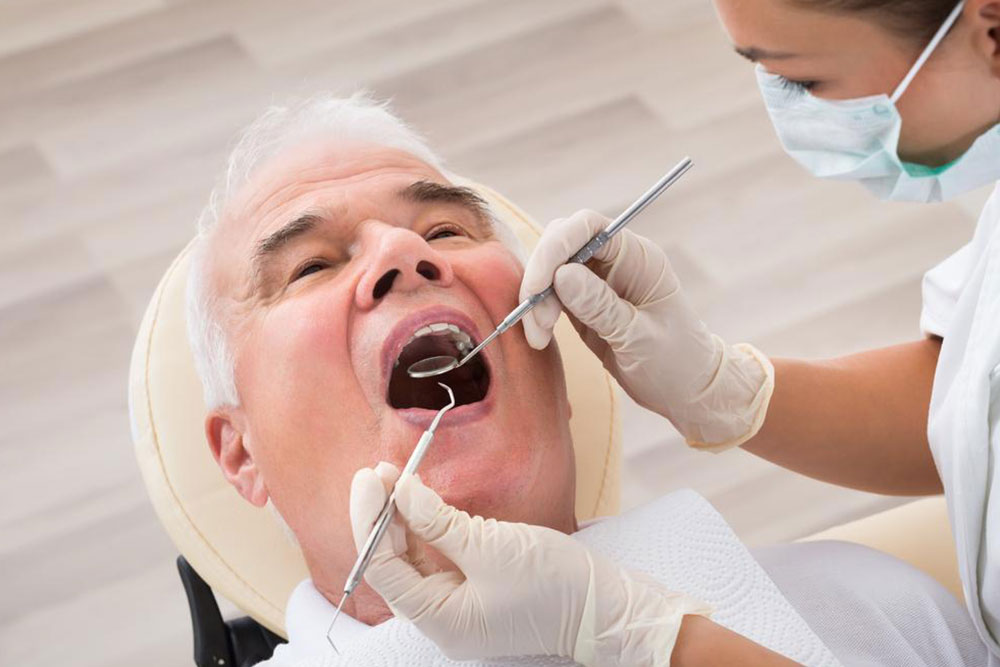Comprehensive Guide to Managing Children's Toothache: Essential Do's and Don'ts
This comprehensive guide offers essential do's and don'ts for parents handling children's toothache. It emphasizes symptom assessment, home care, and timely professional intervention. Proper management can effectively relieve pain, prevent complications, and promote better oral health for children. Whether mild or severe, understanding how to respond appropriately ensures your child's comfort and dental well-being are prioritized.

Effective Strategies for Handling Children's Tooth Pain: Key Do's and Don'ts
Children are naturally prone to experiencing dental discomfort, which can range from mild irritation to severe pain necessitating immediate attention. Recognizing the difference between normal growth-related discomfort and signs of serious dental problems is vital for parents and caregivers. Accurate assessment of the child's symptoms, including the location, intensity, and duration of pain, can significantly influence the appropriate response and treatment plan.
This comprehensive guide explores crucial do's and don'ts for parents managing their child's toothache, ensuring they are equipped to provide effective relief and determine when professional dental care is required. Emphasizing prompt, calm, and informed responses can prevent complications and support the child's oral health.
Do's for Managing Children's Toothache:
Assess Key Symptoms Thoroughly: Carefully observe your child's behavior and physical signs when they complain of tooth pain. Check for facial swelling, redness, fever, or persistent discomfort that extends beyond typical teething or minor irritation. These signs often indicate the need for urgent dental intervention. Accurately gauging the pain severity helps determine whether immediate professional care is required.
Offer Reassurance and Comfort: Comfort your child with gentle words and physical reassurance. Let them know that you understand their discomfort and that you will do everything possible to help them feel better. Your calm demeanor can alleviate anxiety and make the situation easier to manage.
Provide Initial Home Care: If there are no signs of swelling or fever, encourage your child to gently brush or floss around the affected area to remove trapped food particles that may be causing irritation. Maintaining oral hygiene is vital even during episodes of pain, as it can prevent the worsening of infections.
Apply Suitable Pain Relief Measures: Use a warm or hot compress on the child's cheek or jaw to provide immediate relief from mild to moderate pain. Alternatively, cold compresses or ice packs applied intermittently can help numb the area and reduce inflammation. Ensure that compresses are wrapped in a cloth to prevent skin burns.
Seek Professional Dental Evaluation: Persistent or severe pain should be evaluated by a dentist. Treatments may involve medications, cavity fillings, root canals, or other procedures based on the diagnosis. Early intervention can prevent more serious complications.
Proper relief from toothache involves a thorough dental assessment to diagnose the underlying cause. Professional treatment may range from simple fillings to more complex procedures, depending on the severity of the problem.
Don'ts When Managing Children's Toothache:
Avoid Giving Aspirin or Over-the-Counter Painkillers Without Medical Advice: Never administer aspirin or potent pain medications directly to a child without consulting a healthcare professional. Some medications can be harmful if used improperly, especially in children.
Refrain from Applying Medications Directly to the Affected Area: Do not apply aspirin, numbing gels, or any medication directly onto the gums or teeth without proper medical guidance. Topical applications can sometimes cause burns or allergic reactions.
Do Not Force Food or Drink During Pain Episodes: During episodes of intense pain, avoid forcing your child to eat or drink. Instead, offer soft, warm, liquid foods such as soups or smoothies that are easier to consume and less likely to cause discomfort. Avoid hard, crunchy, or sticky foods that could exacerbate the problem.
Avoid Ignoring Persistent or Severe Pain: If the child's pain persists beyond a day, worsens over time, or is accompanied by fever, swelling, or difficulty swallowing, seek immediate dental care. Ignoring severe symptoms can lead to infections or more serious health issues.
Managing a child's toothache effectively requires patience, vigilance, and timely intervention. By following these do's and don'ts, parents can provide immediate relief and facilitate appropriate treatment. Remember, professional dental consultation is crucial when symptoms do not improve or are severe, ensuring your child's dental health is maintained and protected for the future.





